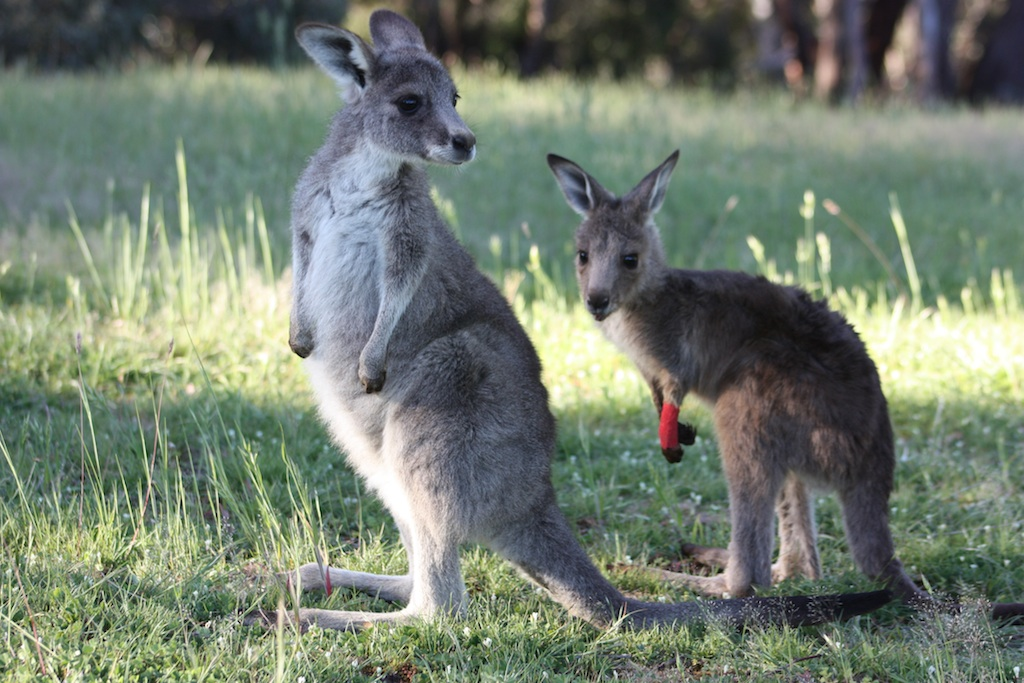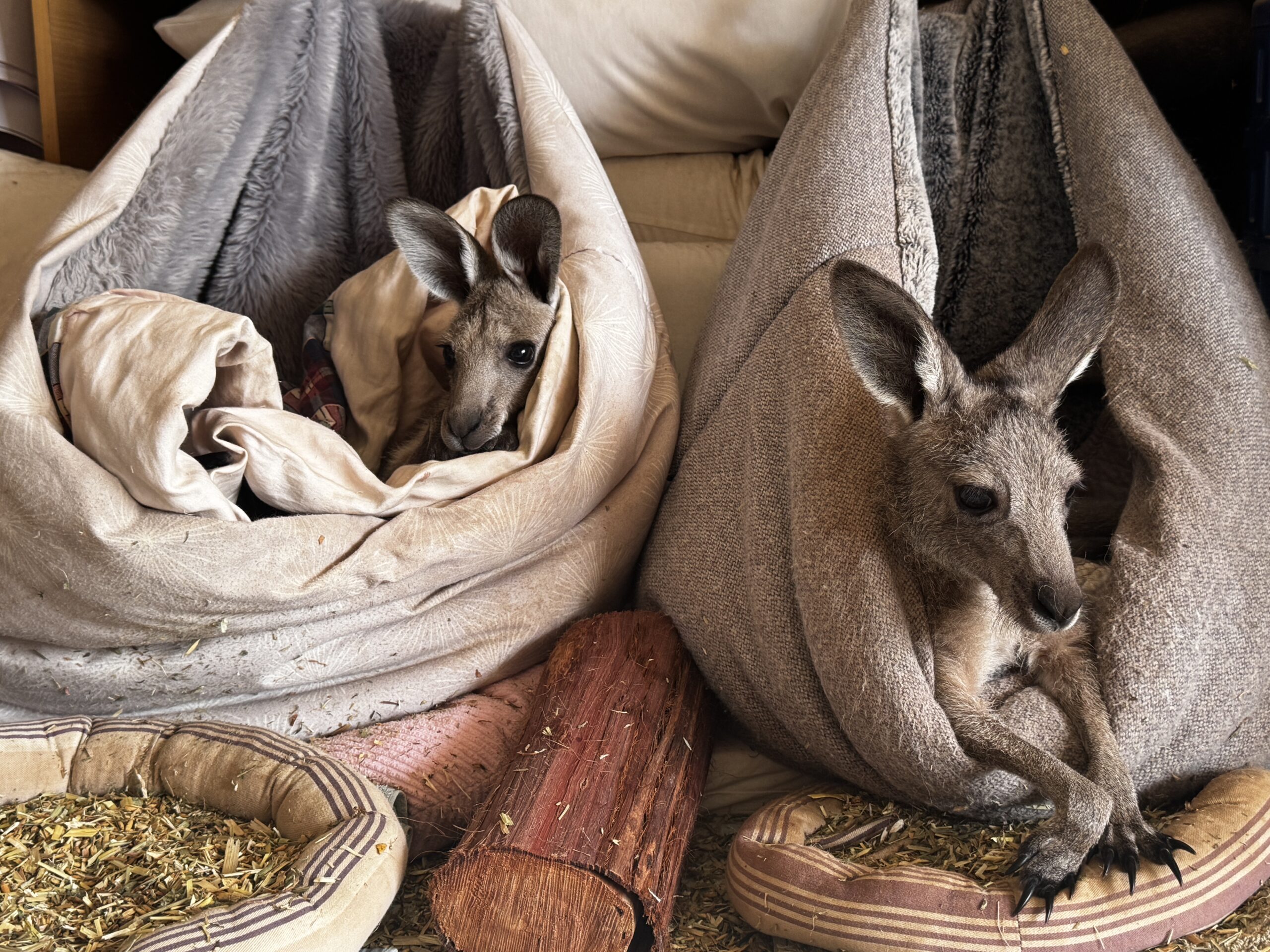Data on NSW licencing reveal the extent of Government-sanctioned destruction of native animals in the state | Conservation groups and wildlife carers to provide evidence of the extent of cruelty at inquiry into licensed killing SYDNEY (5 February, 2026)—Humane World for Animals Australia (previously Humane Society International Australia) will...
After many years of hard work, Humane Society International is this week celebrating the Federal Court’s decision to issue a penalty of more than $1 million to Snowdale Holdings Pty Ltd, one of Australia’s largest egg producers over falsely labelling free range eggs.
Back in 2012, Humane Society International gathered evidence that Snowdale was producing anything but free range eggs on its properties in Western Australia, and took our complaint to the Australian Competition and Consumer Commission (ACCC). The ACCC then launched its own investigation into the company, and found that between 2012-2013, it sold 71% of its eggs as ‘free range’ charging consumers a premium for them.
The ACCC investigation revealed what we had suspected – the company represented that the eggs were laid by hens that were able to go outdoors and roam freely, but most of the hens from Snowdale sheds did not move around on an open range because the farming conditions significantly inhibited them from doing so.
The landmark guilty verdict was handed down in May of last year.

Dinny Laurence, Humane Society International spokesperson and Lynn MacLaren, author of the WA free range egg Bill, speak to the media outside of the Federal Court after the record fine was handed down to Snowdale Holdings.
Fast forward to this week, and the Court ordered the company must pay a fine of $750,000 for deceiving consumers over free range eggs, plus $300,000 in court costs. The highest penalty ever handed down in a case of this kind to date is $300,000, so consumers can be thankful that justice has been served and Snowdale have been held to account for their deception. In addition to the record fine, the Federal Court ordered the company to undergo a consumer law compliance program and publish a corrective notice on its website.
We are delighted that our formal complaint resulted in such a major win for both consumers, true free range producers, and for the hens.
The following brands were listed in the Judgement and some of them may still be available for sale in retailers: Swan Valley Egg Farm, Swan Valley Egg Co, Swan Valley Egg Co Free Range, Carabooda Lovingly Hand Packed, Wanneroo Free Range, Mega Free Range Eggs, Petite Free Range Eggs by Ellah and Free Range Eggs by Ellah.
A few questions still need to be answered, including how this massive deception was not uncovered by supermarkets’ own quality assurance schemes. Snowdale was a supplier to Coles and Woolworths, and if they had a robust system in place then such a travesty would not have been allowed to continue for more than a decade.
This case was also one in a string of many of deceptive conduct cases that led the Australian Government to intervene to establish an Information Standard for Free Range Eggs. However, in a blow to consumers, the Government caved in to industry lobbying and now formally allows for intensively farmed hens to be classified as free range. The new standard allows a stocking density of 10,000 hens per hectare which is a far cry from the 1,500 hens per hectare the CSIRO recommended in the former Model Code, and falls a long way short of consumer expectation.
This means that consumers in Australia can no longer trust the free range label on egg cartons, and instead must look for an independently audited certification scheme on the box guaranteeing the eggs are free range and produced at no more than 1,500 hens per hectare.
In an effort to bring some clarity to the market place, we are establishing a system identifying honest free range eggs at point of sale. We will bring you more on that later in the year.


